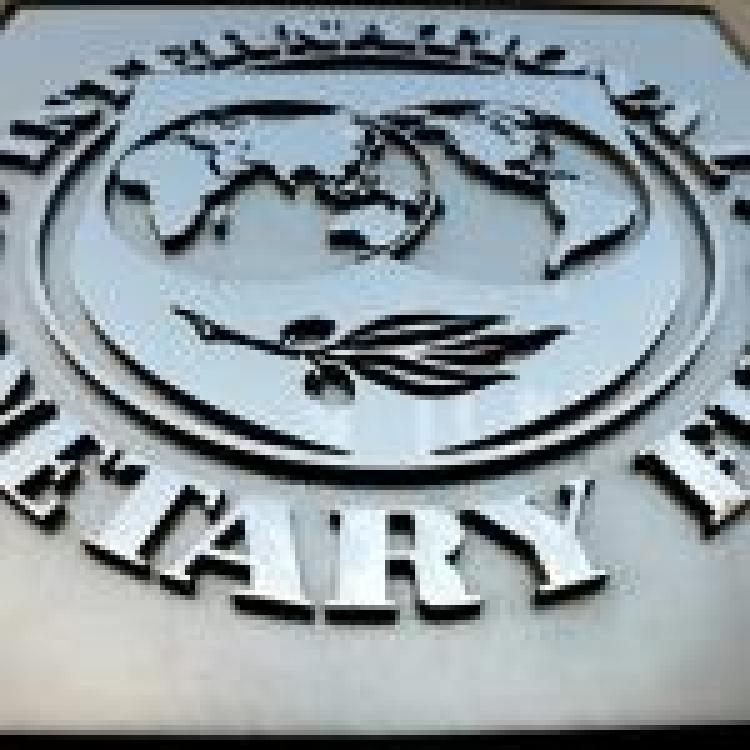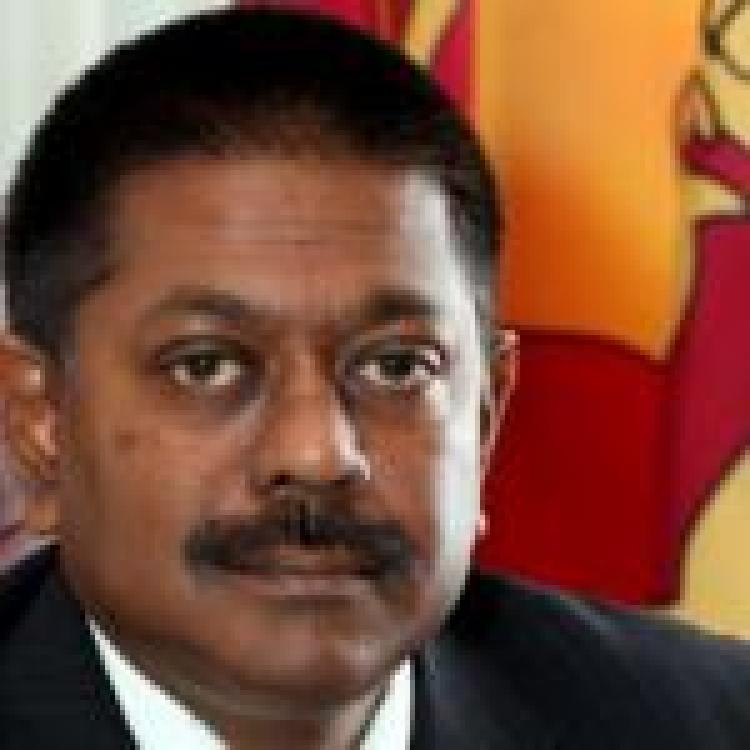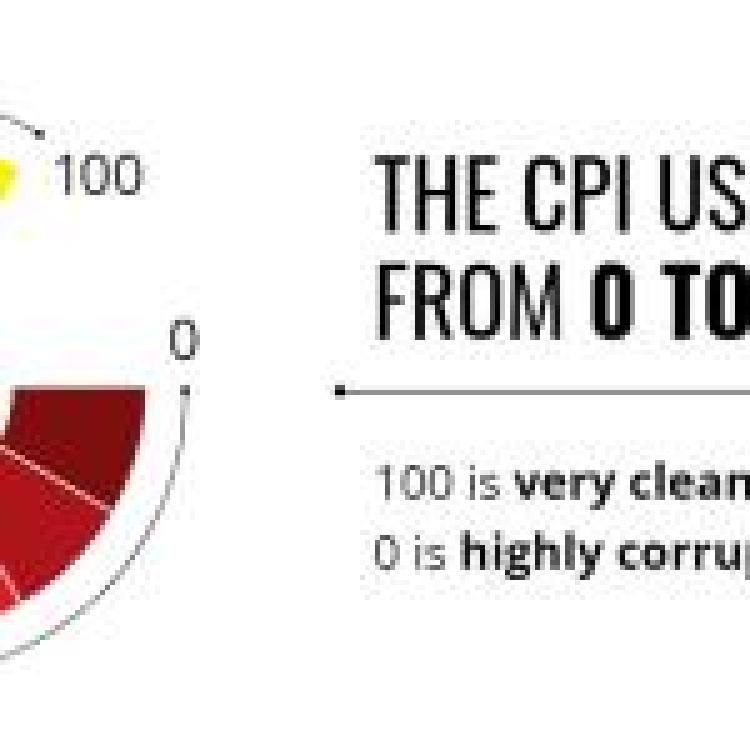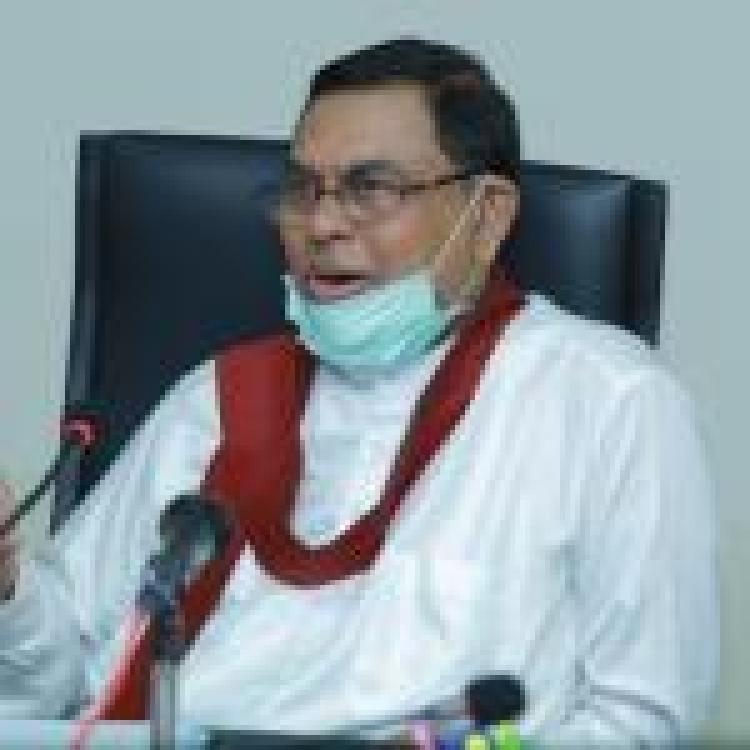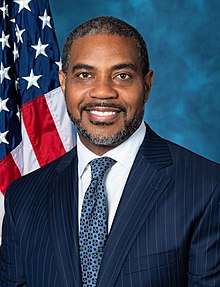
United States Congressman Steven Horsford has expressed his intent to begin a congressional investigation of 'foreign asset' fleecing committed by US citizens who sit in the Sri Lankan administration.
Horsford revealed that he would be in consultation with US Congressman Gregory Meeks, who heads the influential House Foreign Affairs Committee and is also a senior member of the Congressional Financial Services Committee, to initiate the probe.
Horsford is a member of the House Ways and Means and Budget Committees that have the jurisdiction to probe money laundering and asset fleecing. So is Congressman Meeks, a senior member of the House Financial Committee. The Committee he head, Foreign Affairs, has direct jurisdiction over Sri Lanka.
He stated at the fundraising event in Nevada, “As the current situation in Sri Lanka, the country is facing bankruptcy and financial collapse due to the family that controls the nation. I’ll assure you that leadership of the United States is made aware of this. I am in touch with Chairman Gregory Meeks on this issue. I am confident I can work with the US Congress to disclose those responsible for fleecing Sri Lankan resources”.
Congressman Steven Horsford made the above declaration as the United States has legal provisions in Federal statutes to launch such money laundering-fleecing investigations.
Earlier this month a former Sri Lankan ambassador to the United States and Mexico was found guilty of attempting to embezzle USD $332,027 during the Sri Lankan government's purchase of a new embassy building in Washington D.C.
Read more: Birds of a feather? Former Sri Lankan ambassador to US guilty of defrauding government
The United States has legal jurisdiction to probe such activities of US citizens engaged in foreign countries. There are certain circumstances in which the United States may apply domestic law abroad. The US may give extraterritorial effect to its laws in cases involving (1) U.S. citizens abroad (2) Foreign citizens employed by U.S. companies abroad (3) Violation of certain laws, such as the Foreign Corrupt Practices Act.
In the case of Asserting Jurisdiction Abroad, the US may assert jurisdiction over the conduct of US citizens abroad, and over the conduct of others against US citizens abroad.
The United States may assert jurisdiction abroad if doing so is necessary for its security or government functions.
The United States may assert jurisdiction over anyone committing a heinous crime, regardless of the location of the crime or nationality of the offender or victim.
When Congressmen Horsford and Gregory Meeks along with other US Federal officials meet to deliberate of Sri Lankan assets’ fleecing, and whether such acts hinder the operation of US government functions, the above federal laws will be discussed.
Read more at The Island.

